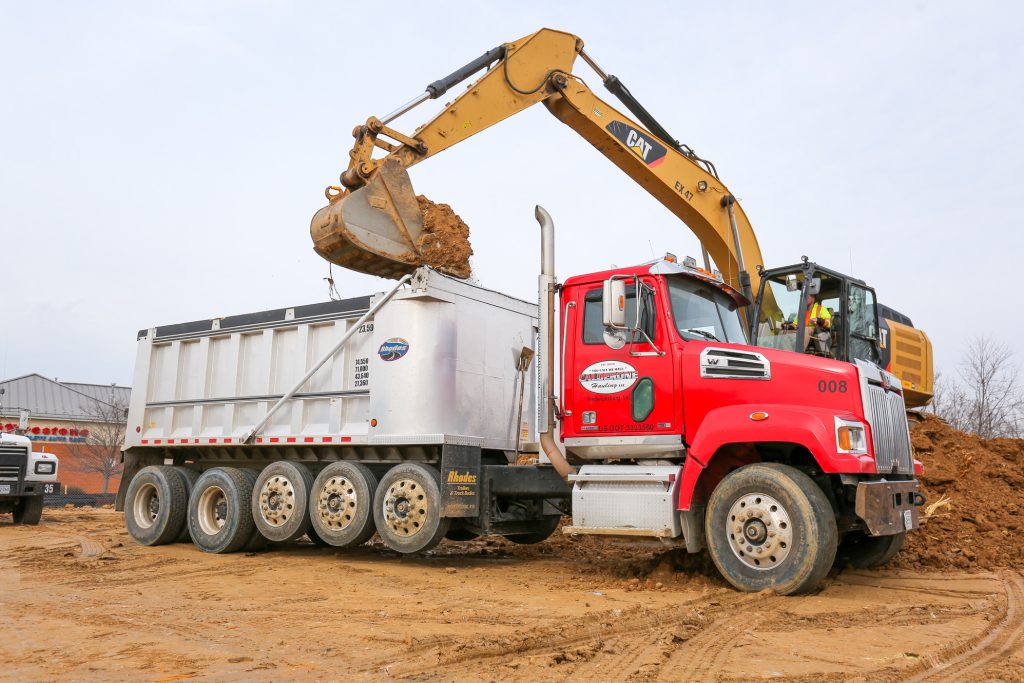In the realm of environmental conservation, sustainable soil practices stand as a cornerstone of responsible land management. Often overlooked, soil health plays a crucial role in supporting biodiversity, climate change, and ensuring food security. By adopting sustainable soil practices, we not only protect the Earth’s natural resources but also pave the way for a healthier, more resilient planet.
Preserving Biodiversity – Sustainable soil practices promote the preservation of biodiversity by maintaining a balanced ecosystem within the soil. Healthy soil teems with a diverse array of microorganisms, including bacteria, fungi, and protozoa, which play pivotal roles in nutrient cycling, soil structure, and plant health. By minimizing tillage, avoiding chemical inputs, and incorporating cover crops, farmers can enhance soil biodiversity, fostering a thriving underground community that supports plant growth and resilience.
Enhancing Carbon Sequestration – Soil serves as a vital carbon sink, capable of storing vast amounts of atmospheric carbon dioxide. Sustainable soil practices, such as no-till farming and agroforestry, promote carbon sequestration by minimizing soil disturbance and increasing organic matter accumulation. By adopting these practices on a global scale, we can mitigate the impacts of climate change by removing carbon from the atmosphere and storing it in the soil, thus helping to stabilize the Earth’s climate.

Improving Water Quality – Sustainable soil practices, such as planting riparian buffers and implementing conservation tillage, help to reduce soil erosion and runoff, thereby protecting water quality in rivers, lakes, and aquifers. By preserving soil structure and promoting infiltration, these practices minimize the leaching of nutrients and agrochemicals into water bodies, safeguarding both human health and aquatic ecosystems.
Promoting Food Security – Sustainable soil practices are essential for ensuring global food security in the face of a changing climate and growing population. By enhancing soil fertility, water retention, and resilience to drought and extreme weather events, these practices enable farmers to maintain high crop yields while minimizing reliance on synthetic fertilizers and pesticides. Additionally, by fostering agroecosystem diversity and supporting small-scale farmers, sustainable soil practices help to build more resilient and equitable food systems, ensuring that all people have access to nutritious and sustainably produced food.
Fostering Economic Viability – Investing in sustainable soil practices can yield significant economic benefits for farmers, rural communities, and society as a whole. By improving soil health and productivity, these practices reduce input costs, increase crop yields, and enhance the long-term sustainability of agricultural operations. Moreover, by sequestering carbon and mitigating climate change, sustainable soil practices help to avoid the costly impacts of extreme weather events, soil degradation, and loss of ecosystem services. By incentivizing the adoption of these practices through policies, subsidies, and market mechanisms, we can create a more sustainable and prosperous future for generations to come.
By preserving biodiversity, enhancing carbon sequestration, improving water quality, promoting food security, and fostering economic viability, SoCal Dirt Brokers offer a pathway towards a more sustainable and equitable future for all. As stewards of the Earth, it is our responsibility to prioritize the health and vitality of our soils, ensuring that they remain a fertile foundation for life for generations to come.
